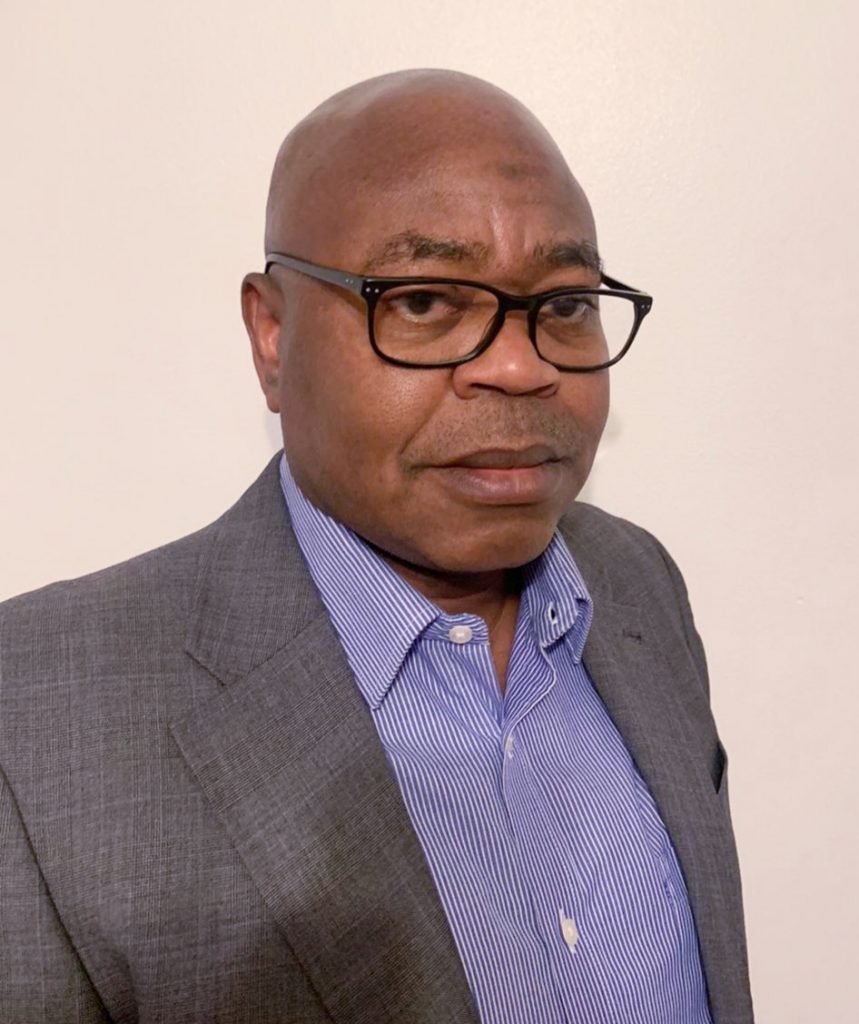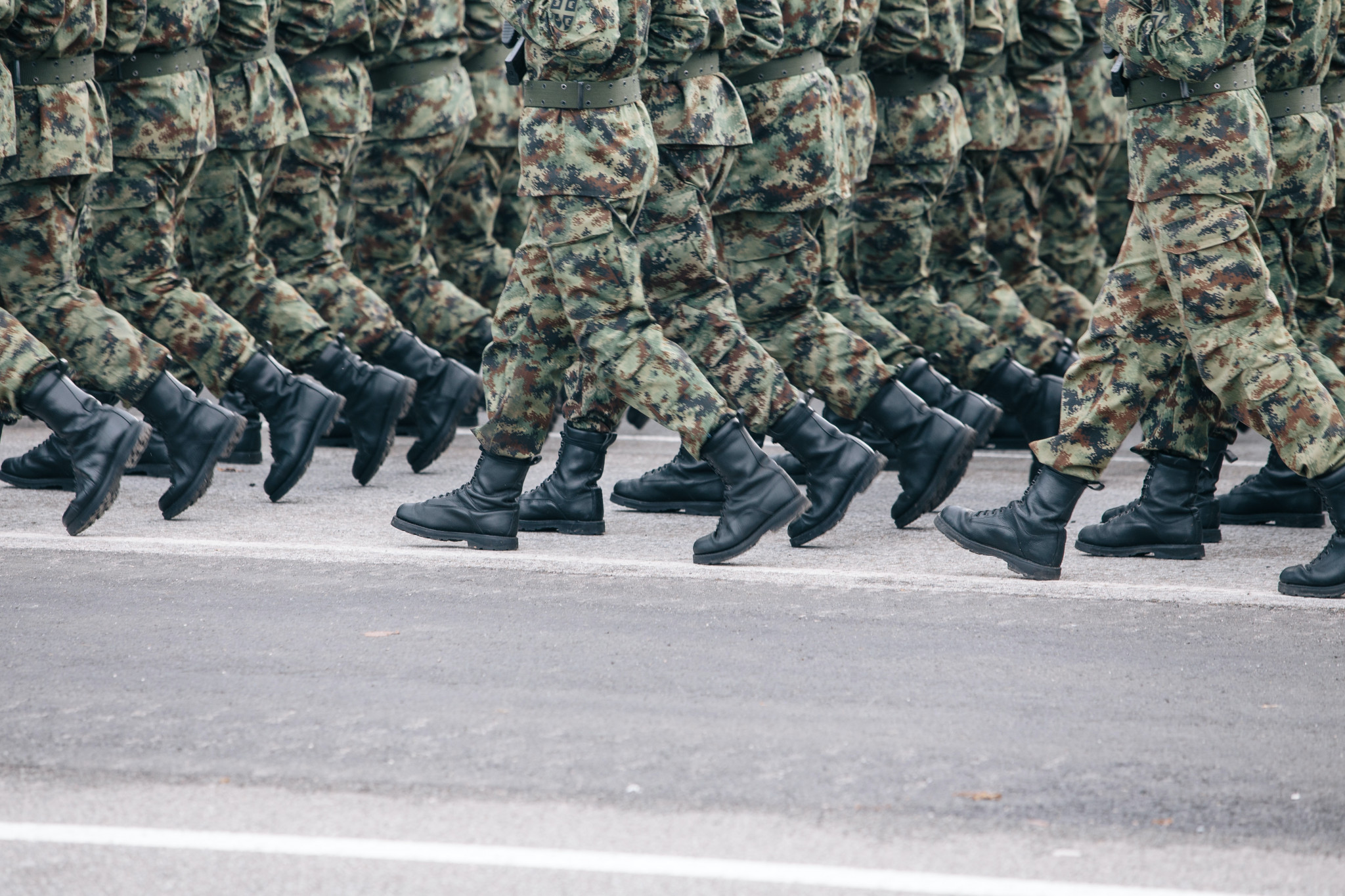Dr Dele Babalola reflects on the growing instability in African states.
The resurgence of military coups in Africa is somewhat unanticipated by students of African politics who often argue that military rule is no longer fashionable. Between mid-2020 and early 2022, Africa has witnessed five successful military coups in Mali (August, 2020), Chad (April, 2021), Guinea (September, 2021), Sudan (October, 2021), and Burkina Faso (January, 2022). Although the recent coups have occurred predominantly in Francophone states, the main conditions that led to them such as weak economies and poor governance, are equally present in Anglophone states, explaining why other African leaders and other promoters of democracy are becoming apprehensive.
Coup leaders have given several reasons for overthrowing democratically elected governments. These reasons range from political instability, corruption, mismanagement of the economy, inability to reconcile ethnic differences and lack of capacity to solve security problems. These reasons align with those often advanced by scholars like Samuel Huntington, Robert Jackman, Samuel Decalo and Morris Janowitz. For these scholars, the failure of the political and institutional structures of society are responsible for military coups in developing countries. This line of argument holds water as the recent coups were preceded by profound political and economic challenges.
At the time of the coups, the civilian governments had lost grip on the governance of their respective countries. The coup in Mali, for example, was preceded by the wrangling that trailed the general elections of 2020, and a worsening economic condition, resulting in protests. The attempt by regional leaders including Nigeria’s Muhammadu Buhari to avert a monumental crisis in the country yielded no result.
Similarly, prior to the coup in Chad, the government of President Idriss Deby who had been in power for three decades, had been accused of poor governance, illegal arrest of opposition leaders, and mismanagement of the economy. Most importantly, the country had also been embroiled in a serious fight with rebel groups. The story in Sudan is not different. The people of Sudan have suffered a series of economic hardship, including a high unemployment rate and food insecurity. The head of Sudan’s armed forces Lieutenant General Abdel-Fattah al-Burhan that sacked the civilian government claimed that the coup aimed to revamp the ailing economy and to protect the transition to democracy agenda which had been rocked by political infighting. Also, President Alpha Conde who was re-elected in the Guinea’s presidential election in 2010 invited trouble when he changed the constitution in 2019, to allow him to run for a third term in office. Protesters, including opposition leaders were arrested and many died in prison. The coup in Burkina Faso was similarly preceded by widespread protests against government’s failure to contain terror groups linked to al-Qaeda and Islamic State (IS).
As expected, there have been reactions from the international community and regional bodies like the African Union (AU) and West Africa’s main regional bloc, the Economic Community of West African States (ECOWAS) to what the United Nations Secretary General Antonio Guterres described as “an epidemic of coup d’états.” For instance, the coup in Mali was met with international and regional condemnation. France and the United States of America condemned the coup for being unconstitutional, and ECOWAS and the AU proceeded to suspend the country and others from the organisations. It must be said, however, that unlike the AU, ECOWAS has been more vehement in demanding a return to constitutional order.
In all of this, it is instructive that the resurgence of military coup in Africa points to the many failures of the civilian leaders that emerged in the post-military and authoritarian regimes. African leaders have failed to learn from the history of coups in the post-independence era because similar situations are resurfacing in the recent coups. Another lesson is that the armed forces in Africa remain a formidable force to reckon with in African politics. The current wave of military intervention, no doubt, indicates that Africans have not seen the end of military rule on the continent. As for those countries yet untouched by coups, their leaders should wake up to their responsibilities of enthroning the principles of democracy and good governance.
Dr Dele Babalola is a Lecturer in Politics and International Relations at Canterbury Christ Church University. His research focuses on federalism and political economy; particularly ethnicity, democracy and terrorism in Nigeria. He teaches on our undergraduate and postgraduate degrees and welcomes applications from PhD students interested in similar research themes.

Photo by Filip Andrejevic on Unsplash
 Politics
Politics Laura Cashman
Laura Cashman 2475
2475



Very informative. God bless your efforts our academic father.